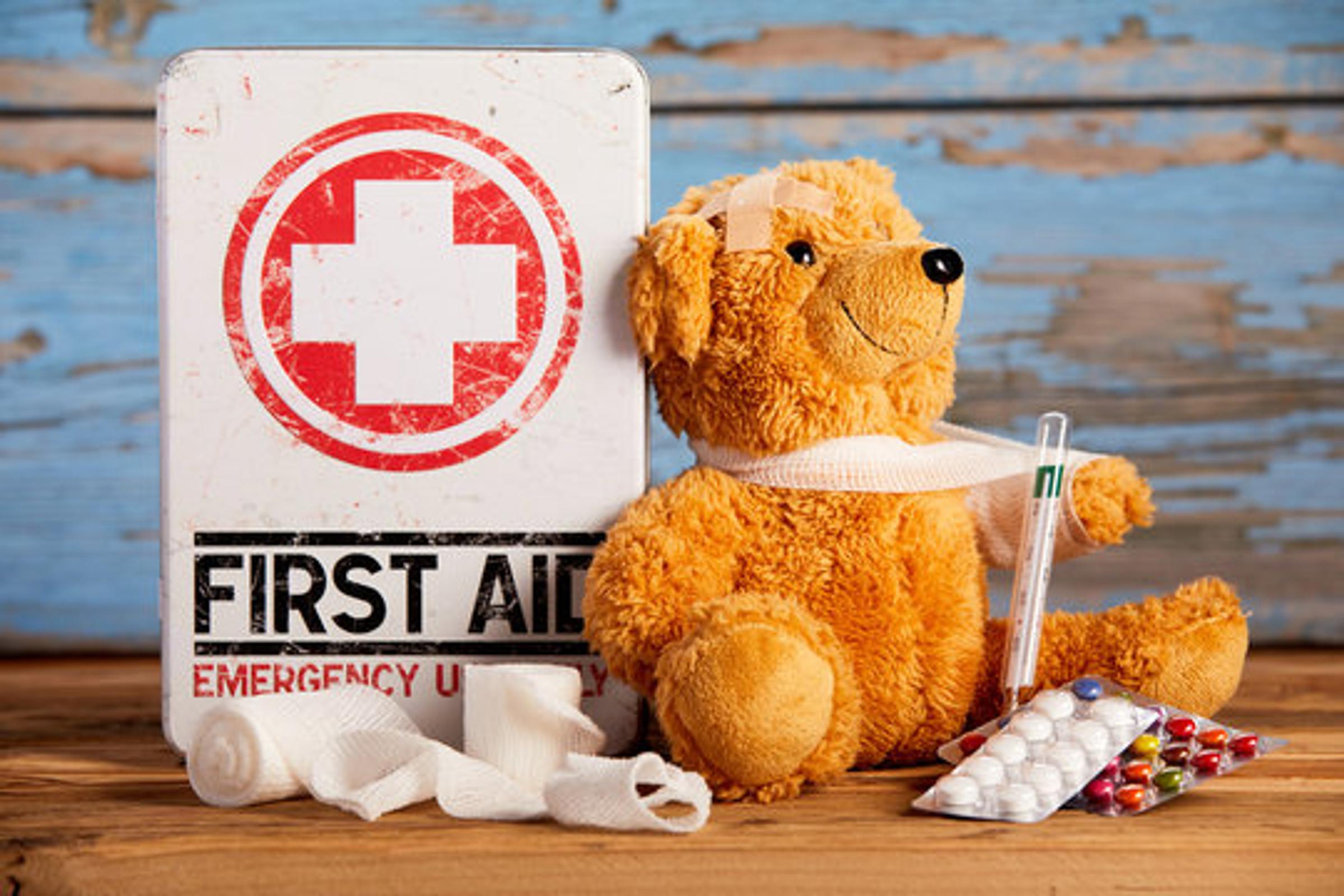First Aid News
Measles are back in the news

First Aid News
Measles are back in the news
Measles has been in the news lately. For young babies, those who are immunosuppressed, and the elderly, it can be serious.
Measles is a viral infection that causes a fever and a distinctive rash on the body. Measles is highly contagious and is spread easily through droplets from coughing and sneezing.
In Australia, the MMR vaccination is given to all children at 12 months, and a second dose (the MMRV) is given at 18 months. These vaccinations cover measles, mumps, rubella and chickenpox. If your child has had two measles vaccinations the chance of them contracting measles is very low. However, people who are not immunised have a 90 percent chance of becoming infected if they are exposed to the virus.
Even though it is rare for Australians to get measles, outbreaks do occur so it is important to have your child immunised against measles. Often, outbreaks happen when the virus is brought into Australia by unimmunised people who have traveled overseas.
Most children who get measles make a full recovery, but in some cases, measles can be fatal if there are serious complications, like inflammation of the brain (encephalitis).
Once exposed to the virus, it can take 10 to 12 days for symptoms to appear. Your child can get the virus from someone who doesn’t even know they have measles yet.
Most children who have measles are sick for less than a week, and should start to feel better about two days after the rash appears. The cough may persist for two weeks.
Sometimes, measles can cause a secondary infection – children may get ear infections, pneumonia or diarrhoea and vomiting when they have measles. A rare but serious complication of measles is encephalitis (inflammation of the brain).
If you think your child has been exposed to measles, or if they are showing any measles symptoms, you should see your GP.
Ask if your doctor can visit your child at home, or, if you visit a medical clinic, tell the receptionist as soon as you arrive, to avoid spreading the infection to others.
Your doctor may need to do some tests to confirm measles.
Immunity following a measles infection is usually lifelong, though in very rare cases a second infection can occur.
Most children with measles can be treated at home after seeing a doctor. Antibiotics are not given because measles is caused by a virus. Antibiotics do not cure viruses.
You can make your child more comfortable by:
You should go back to see your GP if your child has measles and:
Some children with measles may need to be admitted to hospital if they develop complications, or need hydration or antibiotics for a secondary infection (e.g. an ear infection, pneumonia).
Go to the nearest GP or hospital emergency department if your child has a rash and:
If your child is unwell with a fever and a skin rash (small bright red spots or purple spots or unexplained bruises) that does not turn to skin-colour (blanch) when you press on it, this may be a sign of meningococcal infection (see our fact sheet Meningococcal infection).
Measles is very contagious and the virus spreads through droplets in the air from coughing and sneezing. You can get measles just by being in the same room as someone who is infected. It can also be spread by having direct contact with the infected person or touching contaminated surfaces.
Measles was common in Australia before 1966, so people often had measles when they were young and are therefore immune. Anyone born during or after 1966 needs to have had two doses of vaccine to be protected.
Measles is a problem in other countries where routine immunisation does not occur. An outbreak in Australia often starts when someone who is unimmunised travels overseas, becomes infected and brings back the virus.
During an outbreak, anyone who hasn’t been immunised is at risk of infection. Those at high risk during a measles outbreak include:
If you or your child are currently unimmunised, you should speak to your GP, Maternal Child Health nurse or local council about whether you can have the measles vaccination. Do this even if you haven’t been exposed to measles.
If for any reason your child has not been immunised against measles, avoid people or places linked to measles during an outbreak.
Brooke Witherow
First Aid Officer